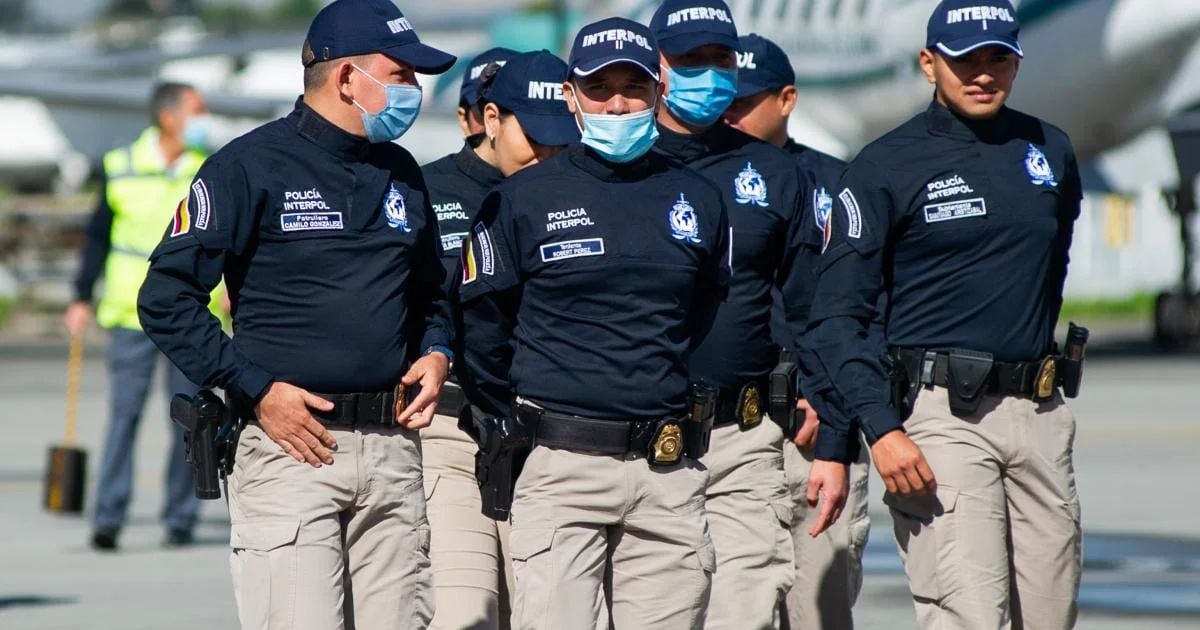Posted on: November 29, 2022, 12:15h.
Last updated on: November 29, 2022, 02:52h.
After a grueling five months in which it collaborated with up to 30 countries around the world, Interpol has wrapped up a massive operation. The international police coordinator facilitated the arrest of 975 suspects linked to a large cybercriminal group that had stolen more than $130 million through illegal gambling, numerous attacks, and scams via the Internet.

Cybercrime is still a major threat propelled by the transformation of the digital space into an environment full of services and jobs. This means that there are more potential victims who, despite a proliferation of educational programs, continue to fall for online scams.
On many occasions, this is because the cyberattacks are well organized and fronted by criminal organizations with significant resources at their disposal. However, the conclusion of Interpol’s latest initiative should put a dent in the operations.
Following the Money Trail
Interpol dubbed the exercise “Haechi III,” coordinating raids across the globe with local law enforcement and regional Interpol offices. The scams and illegal gambling allegedly spawned from a single cybercriminal group that committed more than 1,600 financial and computer-based money-laundering crimes through phishing attacks, phishing scams, romance scams, sextortion, and other scams.
Interpol was able to break apart the group, according to Secretary General Jürgen Stock, by following the money. It first tracked financial movements at length in order to develop a clear picture before moving in and making arrests.
Stock added that the success of this operation, which also found evidence that some scammers impersonated Interpol officers was due, in large part, to the use of a new tool in Interpol’s arsenal. Together with global financial entities and law enforcement, Interpol created the Anti-Money Laundering Rapid Response Protocol (ARRP). This system allows countries to work together so that they can present and process requests for the immobilization of funds from criminal activities.
Since its implementation in January 2022, the ARRP has managed to recover and return to the victims more than $120 million cybercriminals had obtained through scams and frauds.
The Saga Lives On
Haechi III is a sequel to Haechi II, another global operation Interpol coordinated between June and September of last year. Law enforcement arrested more than 1,000 people around the world involved in financial cybercrime. At the same time, they also intercepted more than $27 million.
Interpol explained in a statement that the operation brought together specialized police units from 20 countries, as well as Hong Kong and Macau. It also targeted online frauds in a similar manner as the latest Haechi iteration. The investigation sniffed out and dismantled a group with ties to illegal online gambling, investment frauds, and money laundering.
The Haechi II operation was the first of its kind in which Interpol member countries from five continents participated. It also saw the development of a new law enforcement model, as different countries have different laws regarding raids and seizures.
During the investigation, Interpol uncovered a fake mobile app in Colombia based on the Netflix series “The Squid Game.” More than 100K people had downloaded it, not realizing that it would open them to attack. The app was a Trojan horse that hacked into users’ billing information and subscribed them to online services without consent.
The countries that participated in Haechi II were Angola, Brunei, Cambodia, Colombia, China, India, Indonesia, Ireland, Japan, Laos, Malaysia, the Maldives, the Philippines, South Korea, Romania, Singapore, Slovenia, Spain, Thailand, and Vietnam.
